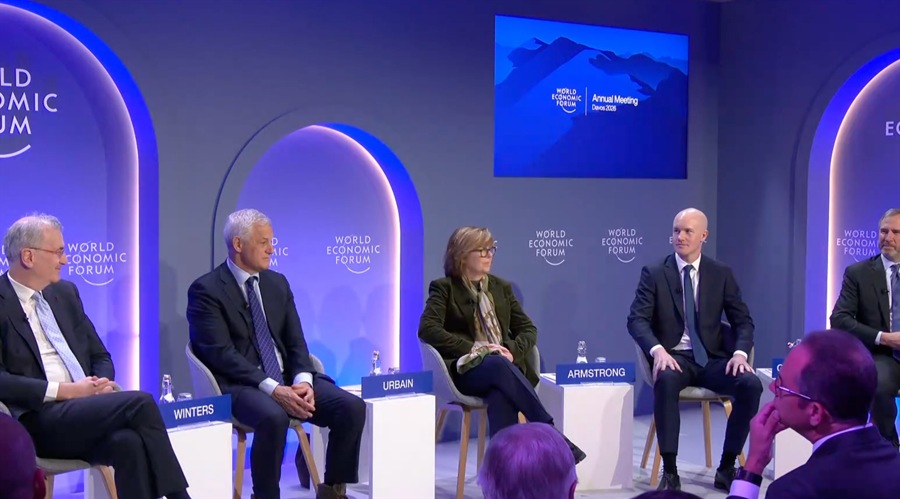Over the past few years, I have noticed a discourse on the left that highlights the socially constructed nature of markets. These commentators argue that markets are mere social conventions and are therefore unreal and easily malleable. They claim that it is only due to greed, insufficient empathy, and/or the pernicious influence of pro-market forces that socialism or similar ideas have yet to be implemented, and that any inequities persist. Commentators may also conflate being pro-business with being pro-market.
While they insist on capitalism as an arbitrary construct, many advocates adhere to an objective theory of economic value (particularly of labour). In their view, the “real value” of goods and services are being denied and exploited by the capitalist system, which in contrary to justice, invents and imposes artificial scarcities and does not reward people fairly or recognize their “objective” worth (whether moral or economic). Such leftists often also argue that the socially constructed nature of gender and race make these social categories malleable for experimentation and expression, and that the right overlooks their inherent fluidity.
This discourse has a contrasting parallel on the political right. Many conservatives and libertarians (and most economists) argue that economics is “real” and markets are necessary due to the fact of material scarcity and the presence of costs and tradeoffs. They insist that the laws of economics are non-negotiable, and place “parameters on our utopias”. At the same time, they emphasize that economic value is a subjective, constructed product of the human mind, and not an inherent part of the natural world. Further, they argue that markets do not need to account for desert or “objective” worth, only effective applications of capital (and that such an accounting is impossible). However, such commentators are sometimes skeptical of arguments about gender or race, arguing that these social categories have an objective nature that is not a function of society or culture.
These perspectives are an interesting study in contrasts. Where one admits the presence of constructs, the other denies it. Where one insists that the laws of economics and the need for markets is unavoidable, the other sees it as a totally arbitrary product of power relations or a failure of will. Where one sees value as subjective, the other sees value as inherent. Where one sees gender as fluid, the other sees a binary. Where one sees constraints, the other sees malleability.
Ultimately, neither view has a complete picture of the social world. This is because neither side is willing to acknowledge the depth and breadth of social construction. The “right” is correct to say that economic value is subjective. The “left” is correct to say that gender and race are a product of culture. The right is correct to say that the economy is shaped by real constraints. The left is correct to say that the economy is a constructed entity.
As I’ve argued elsewhere, all social institutions are constructs and products of the human mind. This does not make constructs arbitrary or “unreal”. Rather, it means that their reality is composed of our beliefs and values. As Virgil Storr writes (referencing Hayek): “The Facts of Social Sciences are What People Believe and Think”. The fact that value is subjective is one reason why there will always be competing uses for (and thus scarcity of) resources. This both creates and constrains what is institutionally feasible. Similarly, the fact that gender (as opposed to sex) and perhaps sex itself are created by people does not mean that conceptions of gender are infinite. What we understand gender or race to be is influenced by our cultural context, and our rejection or acceptance of gender or race categories are responses to the norms and ideas already in place.
In A Conflict of Visions, Thomas Sowell argues that political ideologies should be understood as competing visions of humanity. Those on “the right” hold to a “constrained vision” of costs, eternal truths, and a fixed view of human nature, and those on “the left” whole adhere to an “unconstrained vision” without costs and eternal truths and a belief in human perfectibility. While Sowell’s discussion captures a great deal of our political divides, he misses how what counts as real or fixed versus what is malleable or dynamic is often ideologically determined. Further, Sowell fails to see how something can be socially constructed, and thus subject to change and alteration, but also exist as a constraint, in that what other people believe affects the way that a construct operates, and on what costs and choices individuals will face.






































